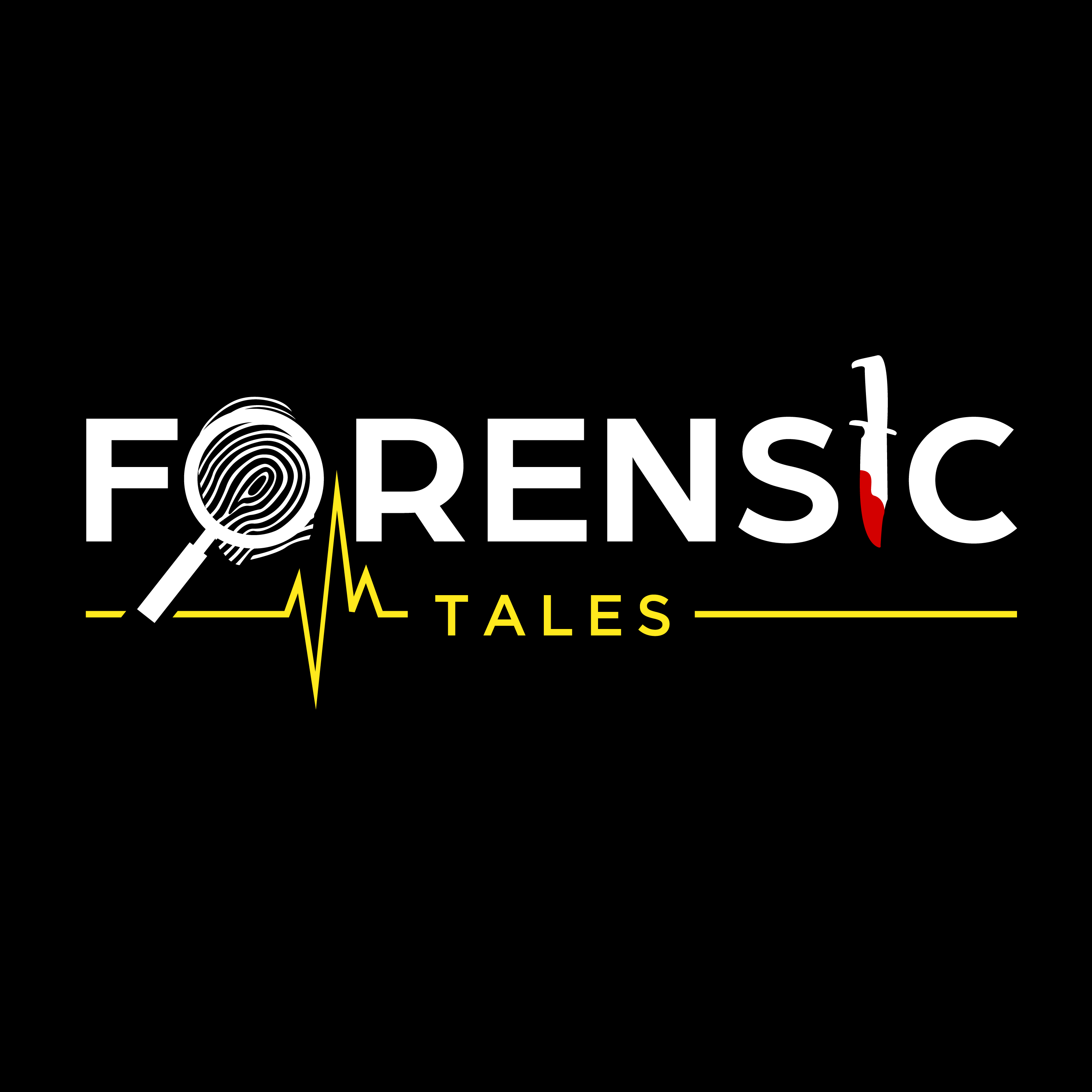On December 7, 1987, Pacific Southwest Airline Flight #1771 crashed into a California hillside in the county of San Luis Obispo killing all 43 people on board. But what happened before and what caused the crash is even more terrifying.

One of the passengers on PSA Flight 1771 was David Burke, a former employee of USAir, the parent company to Pacific Southwest Airlines. Burke was born in Jamaica and immigrated to the United States with his parents. The family settled into Rochester, New York.
Burke never married but fathered 7 children with 4 different women over the years.

Burke worked for USAir for 15 years until he was fired from the airline on November 19, 1987. He was fired after hidden cameras caught him stealing $69 from the airline’s cocktail fund. Burke was also under investigation for his role in drug smuggling.
Under suspicion for using the airline to smuggle drugs from Jamaica into the U.S., Burke relocated to California to live with his estranged girlfriend, Jacqueline Camacho.

On December 7, 1987, David Burke arranged a meeting with his former USAir supervisor, Raymond Thompson. The meeting was held at LAX where Burke asked Thompson for his job back. But Thompson refused to give Burke his old job back.
Burke left Thompson’s office and purchased a one-way ticket on PSA Flight 1771. This was the same flight that Thompson commuted on every day between northern and southern California. Thompson lived in San Francisco but worked at LAX.

After purchasing the ticket, Burke left a message on his girlfriend’s answering machine.
“Jackie, this is David. I’m on my way to San Francisco, Flight 1771. I love you. I really wish I could say more, but I do love you.”
Burke used his USAir badge, which he still had possession of, to bypass the security checkpoint and metal detectors in the terminal. He boarded the plane with a .44 Magnum revolver that he borrowed from a former coworker.
As Flight 1771 reached its cruising altitude of 22,000 feet, Burke pulled out an air-sickness bag and began writing a letter which read:
“Hi Ray. I think it’s sort of ironical that we ended up like this. I asked for some leniency for my family. Remember? Well, I got none and you’ll get none.”
After writing the letter, Burke got up from his seat and made his way to the lavatory. On his way, he dropped the note off on Thompson, his former supervisor’s lap.
Moments later, Burke exited the lavatory, with the .44 revolver in hand, and fired 2 shots at Ray Thompson, killing him.
The pilot and co-pilot heard the shots and signaled a mayday. Their voices are recorded on the cockpit voice recorder telling Oakland air traffic controllers “There’s gunfire on board!”
The recorder picks up the sound of the cockpit door opening, when a female flight attendant told the pilots, “we have a problem.” The captain replied, “What kind of problem?”. Burke opened the door, shot and killed the flight attendant, and announced: “I’m the problem.”
Burke shot and killed both pilots.
Seconds later, the cockpit recorder picked up increasing windscreen noise. The airplane pitched down and accelerated towards the ground. A final gunshot is heard that is speculated that either Burke shot and killed himself or shot Douglas Arthur, PSA’s chief pilot in LAX who was also on-board Flight 1771.

On the way down the ground, the airplane nearly broke the speed of sound. It finally crashed into the hillside of the Santa Lucia Mountains at 4:16 p.m. All 43 passengers on board were killed.

During the course of the investigation, the National transportation Safety Board (NTSB) announced that they found “no apparent problems with the aircraft, frame, structure, or engines that would have led to the crash”. This meant the crashed for caused by foul play.

In the wreckage investigators found a handgun containing 6 spent bullet casings and the note Burke wrote before the crash. But the biggest piece of evidence was what they found on the handgun itself.

Forensics discovered the tip of a finger still attached to the gun’s trigger. The fingertip was identified as belonging to David Burke. This indicated that Burke was still holding the gun as the plane crashed.

During the aftermath of Flight 1771’s crash, several federal laws were passed. One requires the seizure of all airline employee credentials upon termination or resignation. A second requires that airline and airport employees are subject to the same search security protocols as regular passengers.

Episode Sources:
Pacific Southwest Airlines Flight 1771 Wiki
Los Angeles Times article dated 12/9/1987
PSA Flight 1771 Check-Six article
Time Magazine article dated 6/24/01
Murderpedia
NY Times article dated 12/11/87

Recent Comments